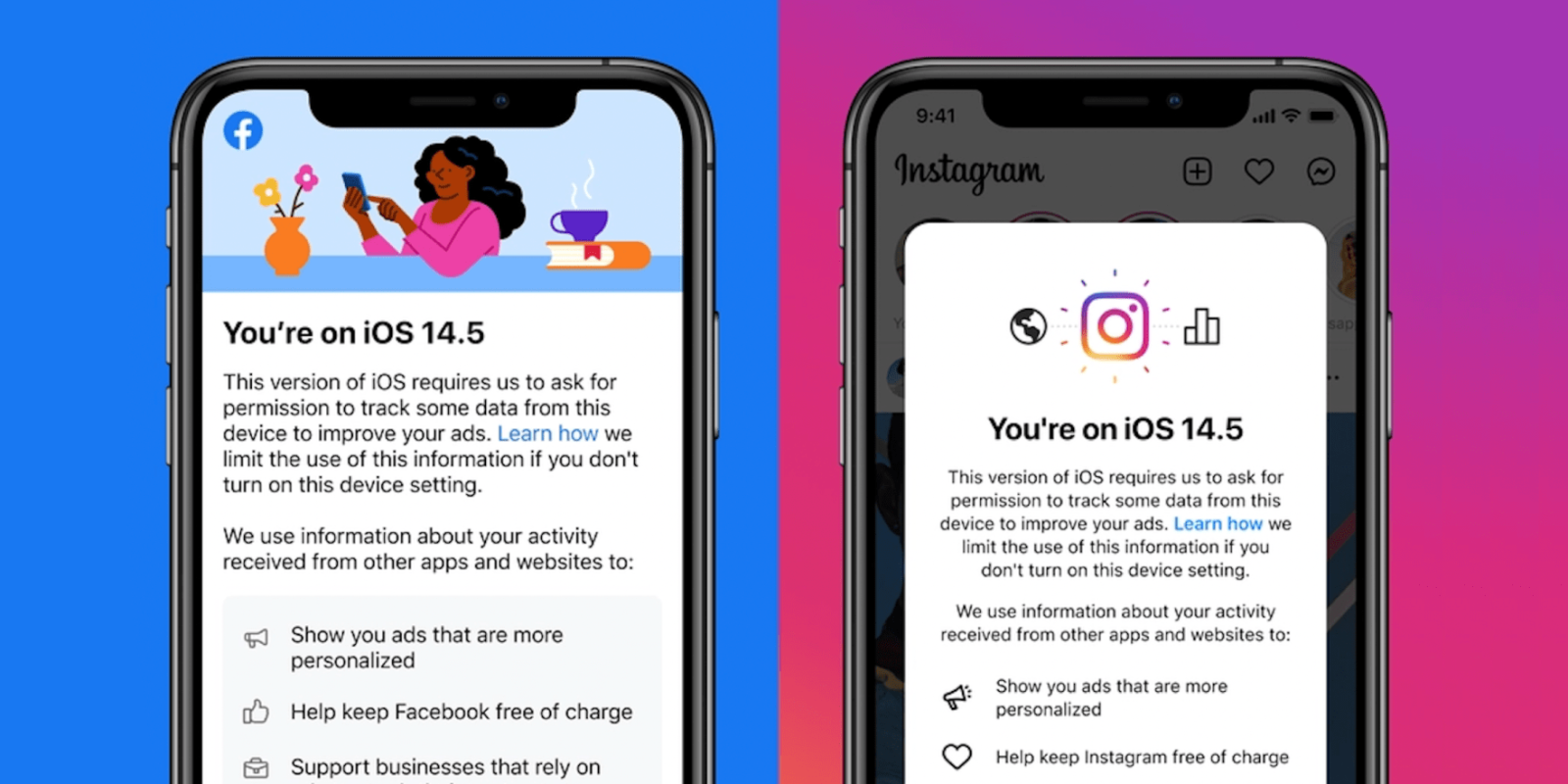
I have always seemed to be one of the few people in the tech world who had no objection to App Tracking, but Facebook has finally succeeded in changing my mind.
Just not in quite the way the company intended …
Ad revenue pays developers and websites
Many useful things in life are paid for by ads, whether it’s free services like Gmail or a huge chunk of the web (including this site). I view online ads as an acceptable entry price, especially when you consider the real-life alternative.
Any time you ask people whether they’d be willing to pay a small monthly sum to use an online service, or visit a favorite website, and not have ads, the answer is invariably “yes.” Sums that people say they are willing to pay typically range from $2 to $10.
However, closer questioning quickly reveals that this is a myth. People have no idea just how many online services and websites they use regularly until you have them examine their browsing history to find out. At that point, it becomes clear that all of those small monthly payments would add up to literally hundreds of dollars a month, just for the sites they use most frequently.
So ads are a necessary evil. (Sure, you can use ad-blockers, but that’s like walking into a store and saying you want the products they sell, but prefer not to pay for them, so you’ll just help yourself and walk straight out.)
Personalized ads generate more revenue
The question, then, is what type of ads you see: ones that are likely to have at least some relevance to you, or totally random ones?
Of course, personalized ad systems are far from perfect. Very often they will show me ads that correctly reflect one of my interests, but are for products or brands I’d never buy. On the occasions they are spot on, they are usually showing me an ad for something I’ve either recently bought, or considered and then rejected. (I’m an efficient shopper: For anything but really expensive purchases, I do my research and then buy immediately.)
But I have no philosophical objection to personalized ads. Indeed, I’d rather see ads that are at least in the right kind of ballpark than ones for makeup or curtains or football. Unlike non-techies, I know how ad-tracking works. I know that advertisers know me only as iOS user 30255BCE-4CDA-4F62-91DC-4758FDFF8512 (or whatever my IDFA might be). They know that 30255BCE-4CDA-4F62-91DC-4758FDFF8512 has visited websites for filmmaking kit, which triggers them to show me their idea of relevant ads.
That’s always been fine with me. I know that personalized ads are worth more to app developers and web publishers than generic ones, so I’ve always viewed it as a win-win. I get a higher chance of seeing ads for things that interest me, and developers and websites make more money.
Facebook’s disingenuous App Tracking prompt
But when I saw Facebook’s utterly disingenuous prompt text, implying that it would have to start charging a subscription if users didn’t allow app tracking, that crossed a line for me.
This version of iOS requires us to ask for permission to track some data from this device to improve your ads. Learn how we limit the use of this information if you don’t turn on this device setting. We use information about your activity received from other apps and websites to: Show you ads that are more personalized; Help keep Facebook free of charge
I should say I fully accept the possibility that Facebook might offer a subscription option to users. But there is no way in the world that it would ever start charging every Facebook user. Indeed, CEO Mark Zuckerberg has even testified to Congress to this effect.
There will always be a version of Facebook that is free
So Facebook’s permission text is, in essence, a bald-faced lie that attempts to bully or blackmail users into granting permission. I’m not going to reward that behavior, so – for me at least – it totally backfired. I would have been perfectly willing to grant permission, but the company’s deceptive behavior persuaded me to instead deny it. I look forward to the ads for diapers and bird-watching.
FTC: We use income earning auto affiliate links. More.




Comments